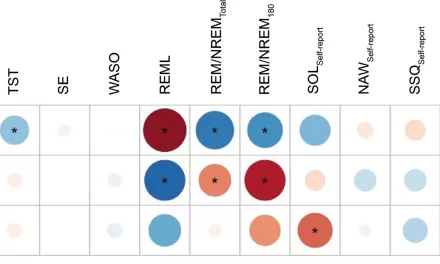A new federal report has raised concerns about the risks associated with alcohol consumption, highlighting that drinking alcohol—even in moderate amounts—could significantly raise the chances of dying early.
The draft report, released by the Department of Health and Human Services (HHS) on Tuesday, shows alarming findings regarding the relationship between alcohol consumption and health outcomes in the United States. The report states that “in the United States, males and females have a 1 in 1000 risk of dying from alcohol use if they consume more than 7 drinks per week. This risk increases to 1 in 100 if they consume more than 9 drinks per week.”
While the report does not provide specific recommendations for alcohol consumption, it aims to generate evidence about safe thresholds for drinking that minimize health risks. The current U.S. guidelines suggest no more than two drinks per day for men and one drink per day for women, but the new report indicates that even these levels may still pose significant risks to health.
The findings are part of a larger initiative to inform the U.S. Department of Agriculture (USDA) and HHS in developing the Dietary Guidelines for Americans, 2025–2030. These guidelines shape public health policies and influence food and drink labeling across the country.
The report reveals significant connections between alcohol consumption and various diseases and injuries, including:
- Cancer: The study found that consuming just one drink per day increases the risk of esophageal cancer for men by 51% and liver cirrhosis for women by 37%, compared to non-drinkers.
- Injury: Drinking three or more drinks per day raises the risk of unintentional injuries for both men and women by up to 68%, compared to those who drink less frequently.
- Liver Disease: Regular alcohol use substantially increases the risk of liver disease, especially for individuals with pre-existing conditions like hepatitis C.
- Stroke Risk: While earlier studies suggested that light alcohol consumption might reduce the risk of certain strokes, the new report found that those benefits diminish with even moderate drinking—two drinks per day or more.
Despite these findings, there is some pushback from the alcohol industry. The Distilled Spirits Council of the United States, which represents alcohol producers, criticized the report as “biased” and said its methodology was flawed.
“This report is the product of a flawed, opaque and unprecedented process, rife with bias and conflicts of interest. Several members of the six-member ICCPUD panel have affiliations with international anti-alcohol advocacy groups,” said the council in a statement. “Congress never authorized or appropriated money for the panel or its work.”
In 2020, a proposal to limit alcohol consumption to one drink per day for all adults was rejected by the Trump administration.
Dr. Timothy Naimi, director of the Canadian Institute for Substance Use Research and one of the report’s authors, emphasized that the report may underestimate alcohol’s long-term dangers. He cautioned that what many consider moderate drinking may actually present significant health risks.
“Drinking at levels that many people have considered to be, quote, moderate, may in fact be moderately risky or may not be moderate in terms of the health risk,” Dr. Naimi stated.
The HHS and USDA will accept public feedback on the report through February 14, 2025. The feedback will play a crucial role in shaping the future guidance on alcohol consumption in the upcoming Dietary Guidelines for Americans.
For more information on alcohol’s effects on health, visit the National Institute on Alcohol Abuse and Alcoholism. To submit feedback, visit DietaryGuidelines.gov.












